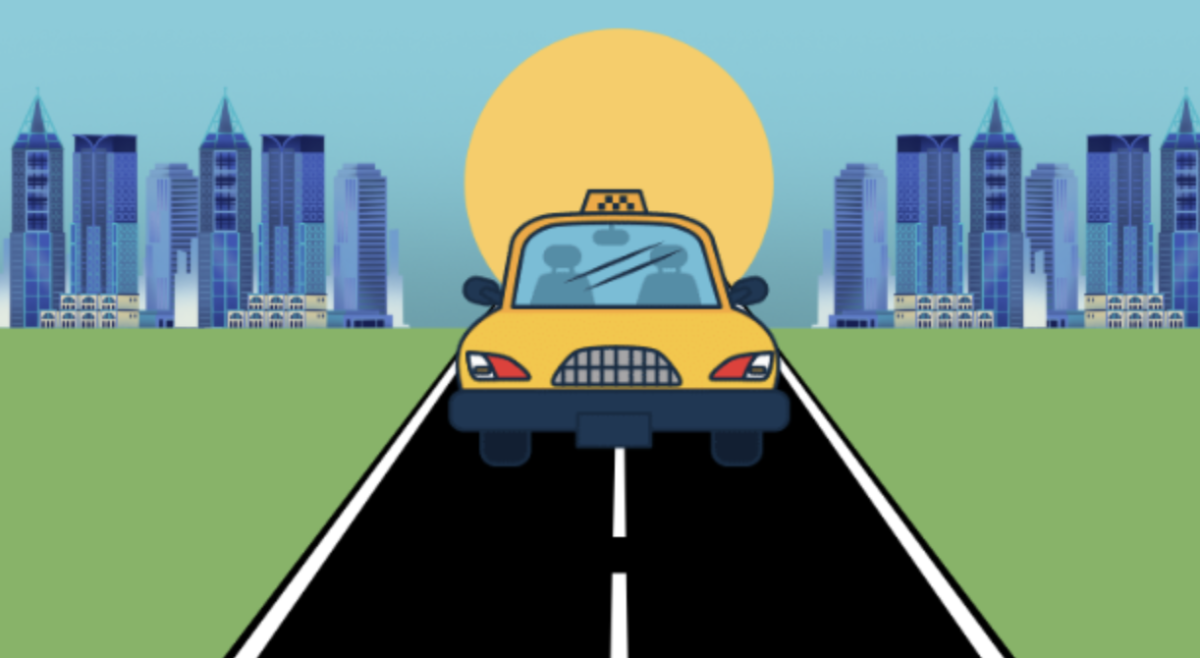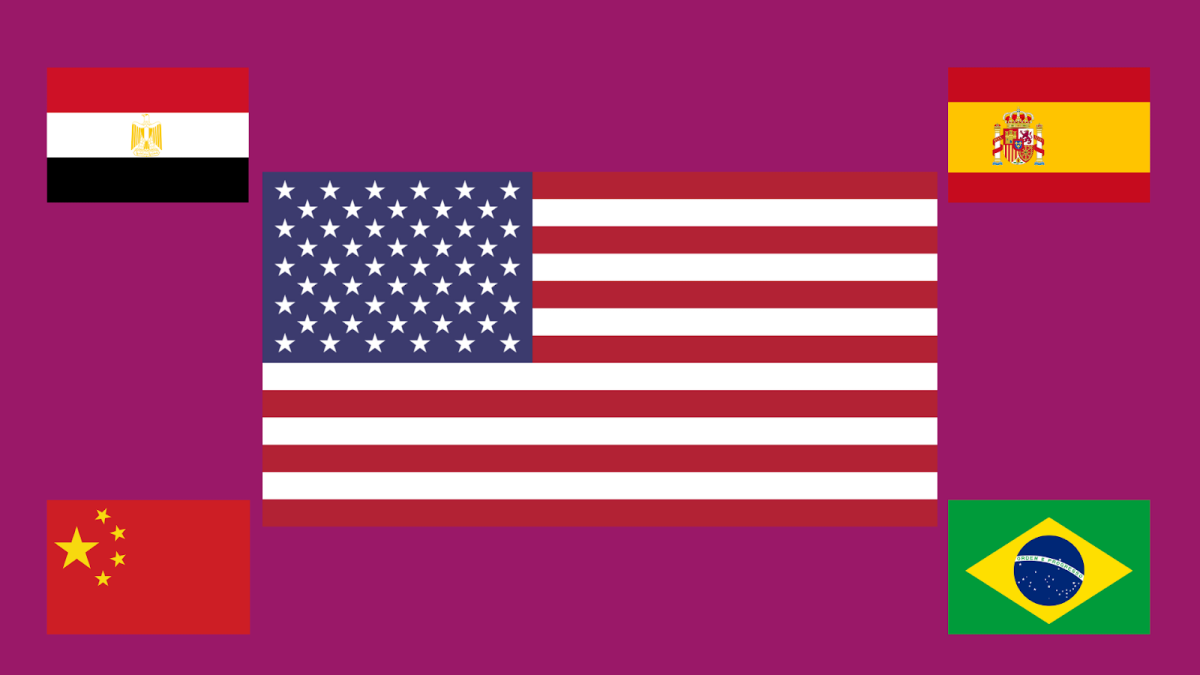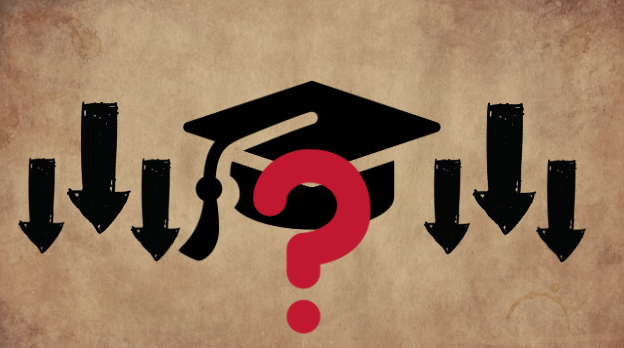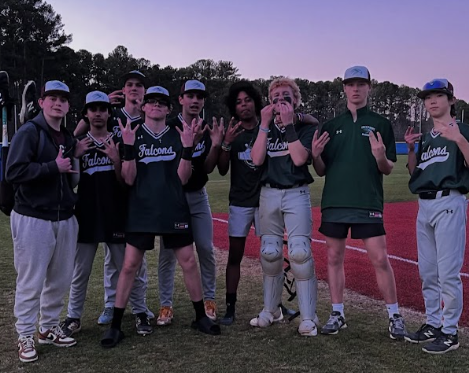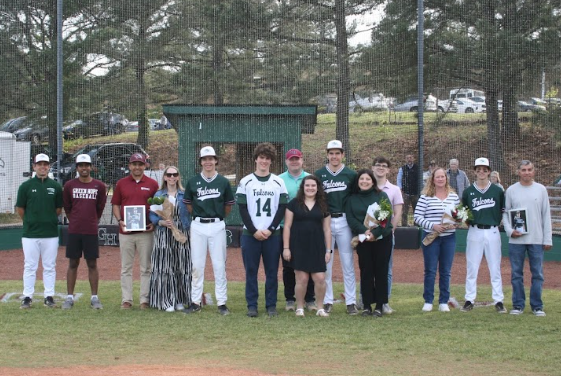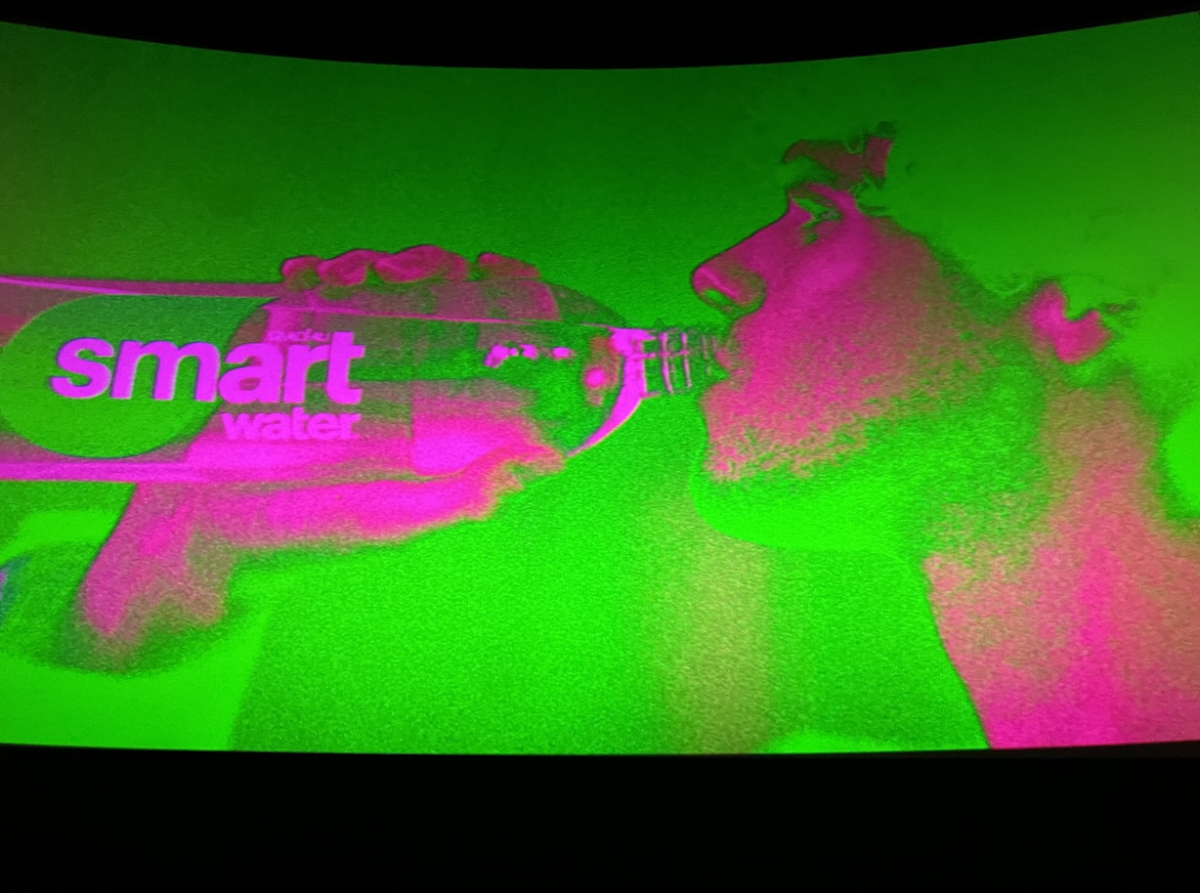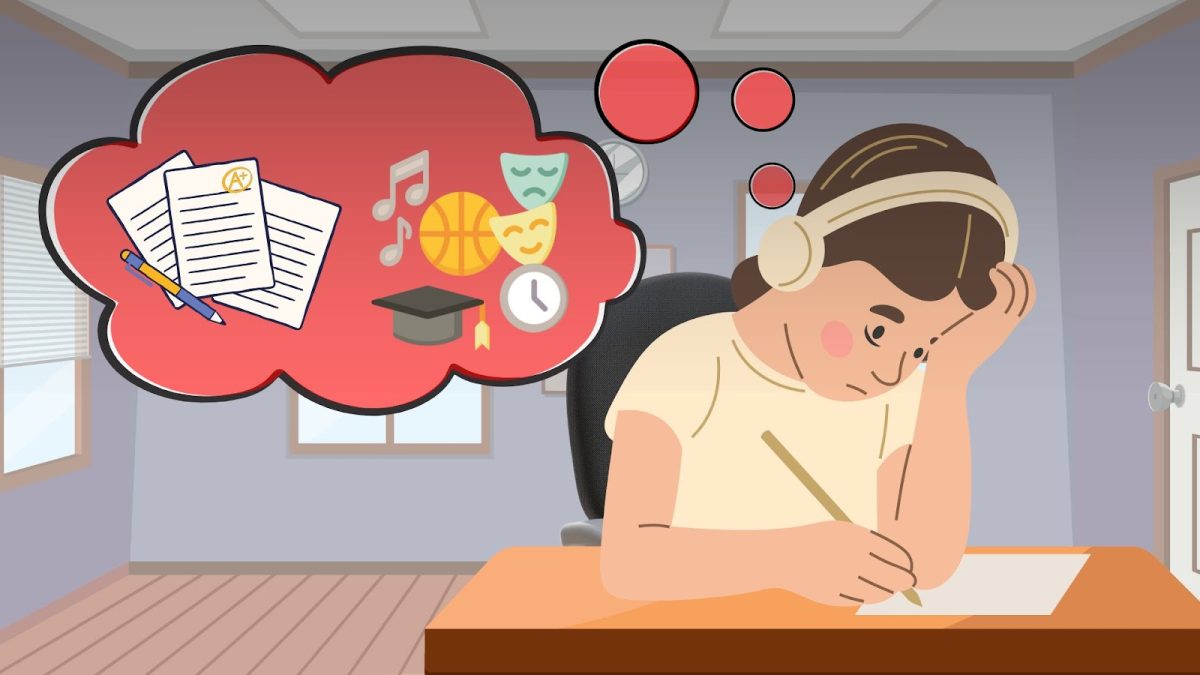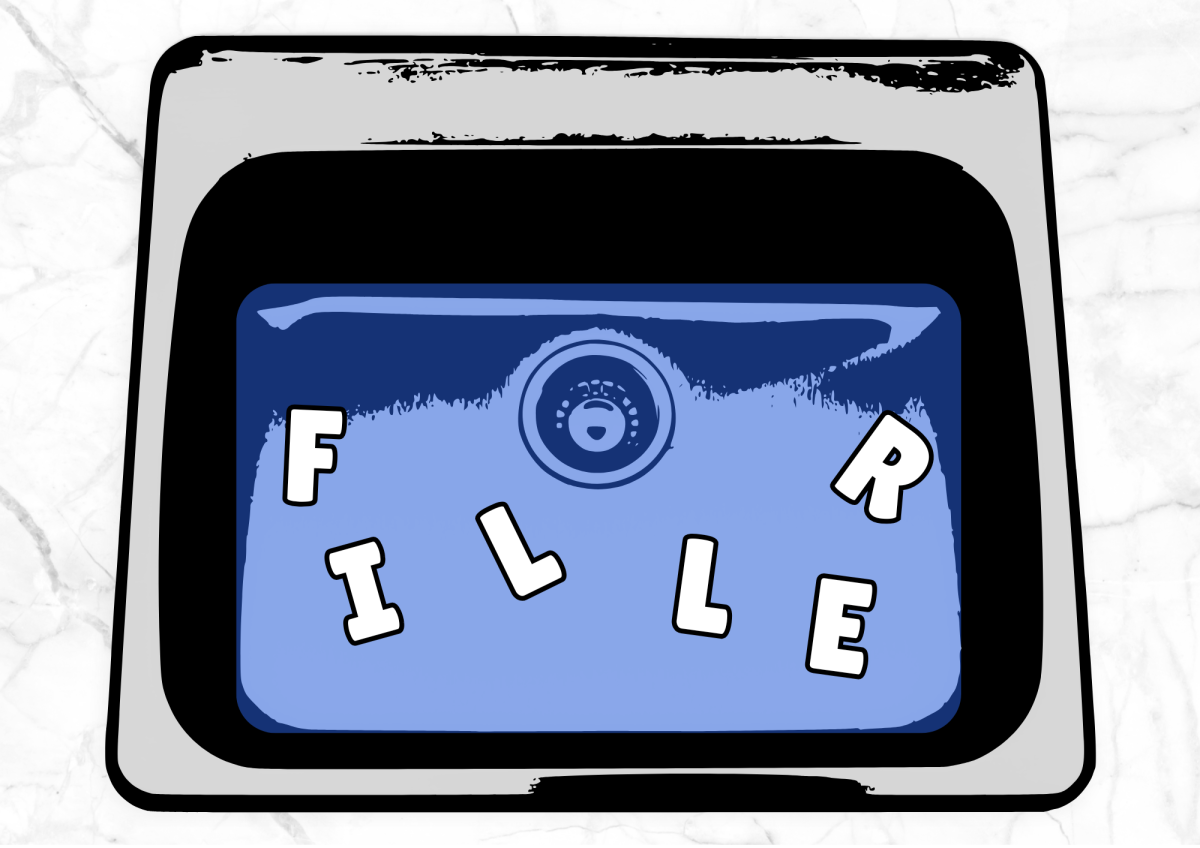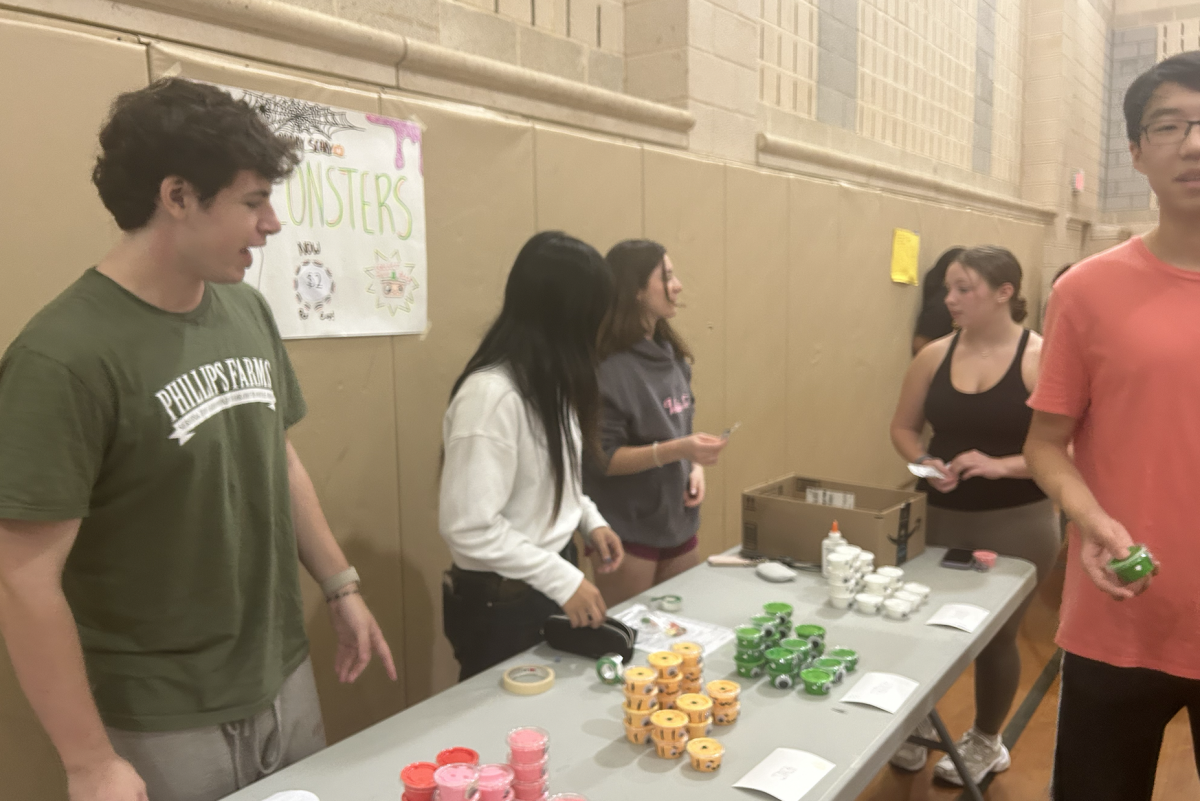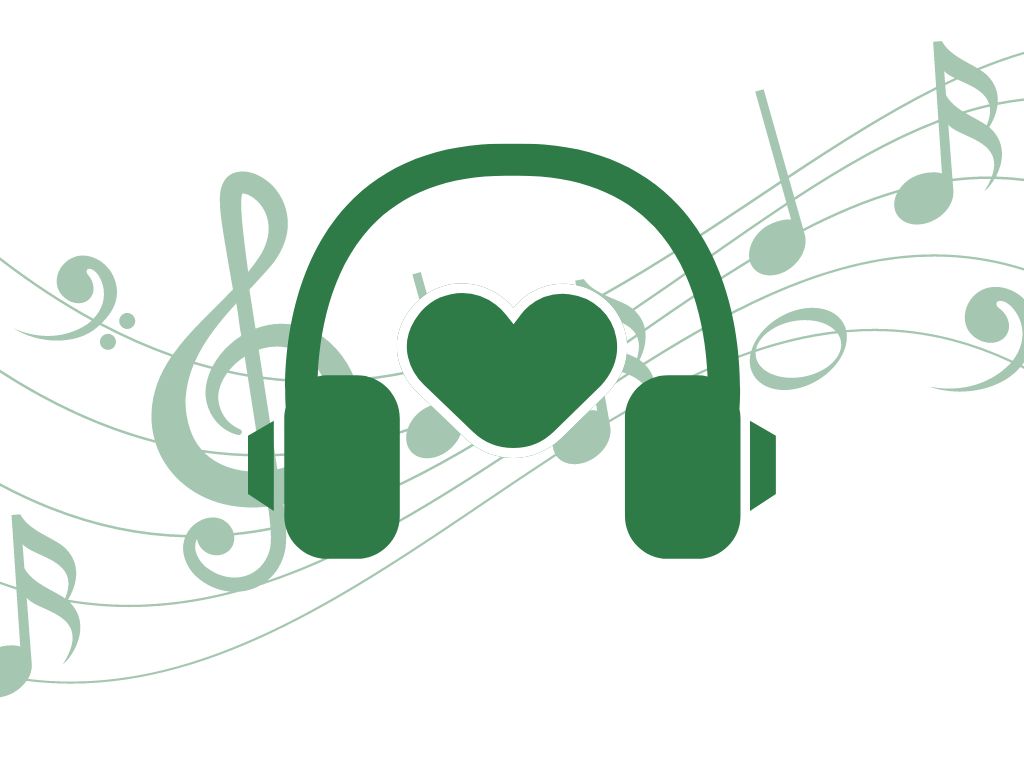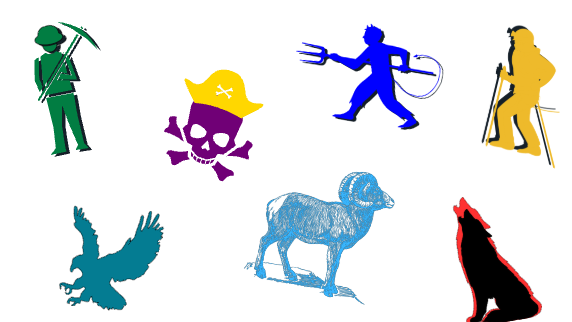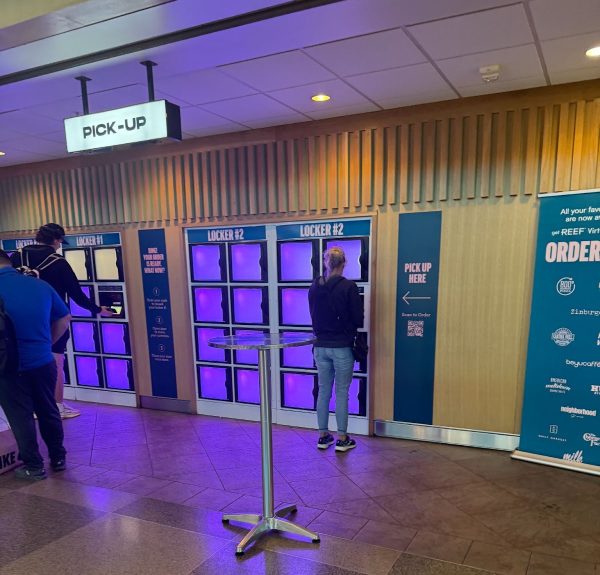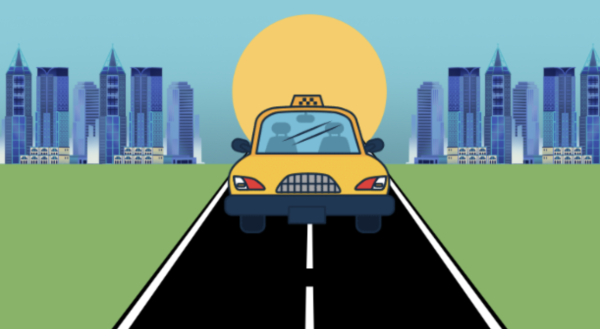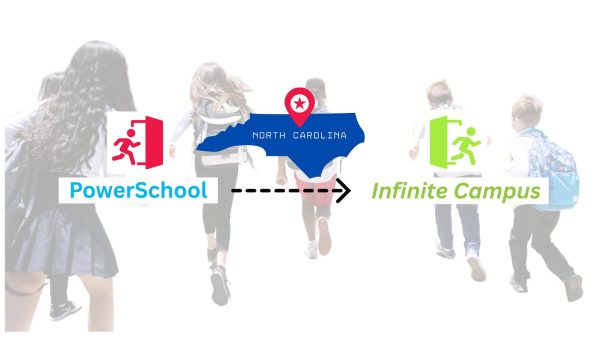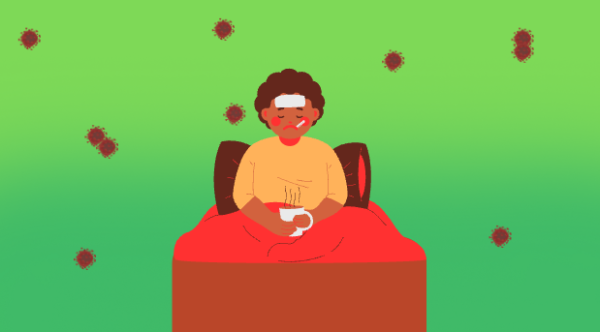ChatGPT: AI gone too far?
Technology has now advanced to the point where artificial intelligence (AI) can write college-level essays and news articles within minutes. One such software, ChatGPT, launched in November 2022 and has sparked much interest and controversy online.
ChatGPT is a language generation model developed by OpenAI. It uses deep learning techniques, specifically a variant of the transformer architecture, to generate human-like text. With its large amount of training data and advanced algorithms, ChatGPT is able to understand and respond to a wide range of questions and prompts, making it a powerful tool for natural language processing tasks such as language translation, question answering, and text summarization. Additionally, ChatGPT is capable of generating creative and engaging text, making it useful for applications such as content creation and chatbot development.
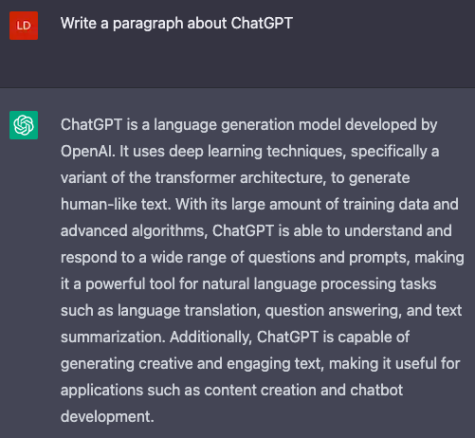
The GH Falcon asked ChatGPT “write a paragraph about ChatGPT” and it produced the human-like writing in the paragraph above.
The software is not only used for writing and communication purposes, but it can also be used for programming as well. For example, one could ask the AI to “Write code for a school website using HTML and CSS,” and it would generate the necessary code for this program.
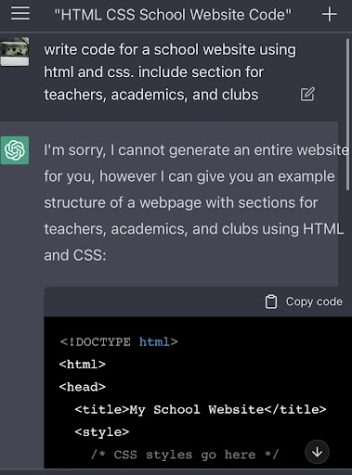
The emergence of ChatGPT has left many with mixed feelings about the future of technology.
Some believe this software has a lot of potential to benefit society. Joshua Sembele (‘23), a Green Hope student, stated, “I think that ChatGPT’s ability to solve complex code and problems can help society solve big problems in the future like finding efficient energy and curing diseases. We’re witnessing the birth of AI, so this technology will only continue to develop and get smarter.”
In an interview with the GH Falcon, Green Hope Black Falcons member Brendan Swanson (‘24) provided his thoughts on the increasing usage of ChatGPT. Swanson said, “It was scary at first, but now I think the concern’s a bit overblown.”
He also believes that AI tools like ChatGPT will soon become an integral part of school curriculum in the future. When asked about potential cheating through ChatGPT, Swanson expressed that he doesn’t see it posing major issues.
“The work it generates is roughly C-level work, and will still require heavy student correction to be viable,” said Swanson.
However, others such as Green Hope student Naveen Shankar (‘24) believe ChatGPT represents a greater danger.
“ChatGPT and other AI software have the ability to generate text, code, and art at the same or even higher level than most humans and at a faster rate, too. So thousands of writers, artists, and programmers could easily lose their jobs to AI in the next 5-10 years,” he stated.
AI is projected to account for 26% of the world’s GDP, contributing over $15.7 trillion dollars globally by 2030.
Edward Tian, a senior at Princeton University, recognizes the threat in AI advancements. In an interview with NPR, Tian said, “This technology is incredible. I do believe it’s the future. But, at the same time, it’s like we’re opening Pandora’s Box. And we need safeguards to adopt it responsibly.”
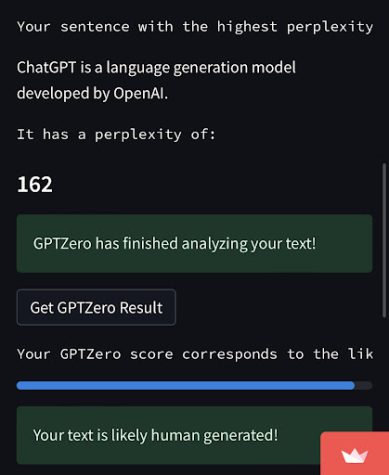
Tian used his computer science skills to develop an app called GPTZero, which can detect ChatGPT usage in creating a given text.
He had two main motivations behind the app’s creation. The first was that “humans deserve to know when something is written by a human or written by a machine.” The second was to detect plagiarism. Due to the chatbot’s capability of generating text from a given prompt, students worldwide have been using it to write essays and complete assignments.
To test GPTZero, the ChatGPT-generated paragraph earlier in this article was pasted into the software. It claimed that the text was “likely human generated,” displaying potential problems with detecting originality.
Teachers across the nation have also expressed concerns with students using the platform to avoid producing their own work. Ms. Jennifer Barnett, the head of the English department at Green Hope, spoke to the GH Falcon about how tools like ChatGPT could negatively impact students in the long run.
“Rather than finding useful instructional tools that help students, technology keeps leaning towards cheating which really robs them of the opportunity to build their own skills,” said Ms. Barnett. “The process of building your own arguments, sharing your own opinions and thoughts, and learning how to construct these things comes from writing … By removing this aspect and not developing those skills, we’re going to see writing ability go down,” she stated.
Mr. Chris Gaw, a computer science teacher at Green Hope, is also hesitant about the technology. “It [ChatGPT] could be really beneficial or really destructive, who knows?,” he said.
He also contrasted AI-generated work with the act of coding. “We have to take the thinking out of the computers and put it back into our heads,” said Mr. Gaw. “With coding, it’s your logic that goes into the screen, but when an AI is writing the code, who knows? It’s scary.”
As artificial intelligence advances, some see enormous benefits while others see a world of danger. Only time will tell whether the technology will serve as a friend or foe.
The staff of the GHFalcon would love a donation to help the journalism program at Green Hope continue to flourish. Many of our donations go to towards improving the materials that we deliver to you in electronic format. Thank you so much to those that are able to donate.

Sam Dare is a junior at Green Hope High School ,and this will be his first year on the GH Falcon. Sam was born in Maryland and later moved to NC when he was about 9 years old and has lived here since....
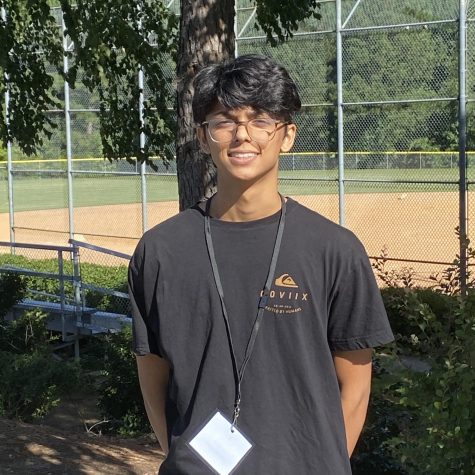
Raj is a junior at Green Hope, and is in his first year with The GHFalcon. Born in Kobe, Japan, Raj has also lived in New Mexico. He moved to Cary when he was seven. Raj enjoys soccer, video games, hanging...

